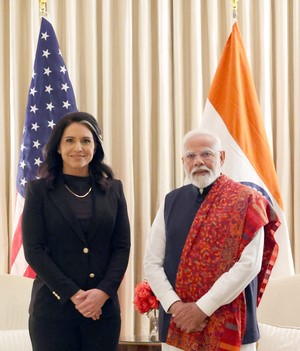As of January 2025, the number of signatories to the Artemis Agreements has increased to 53 countries, marking a significant milestone in the collaborative effort to ensure peaceful space activities.
The signatories of the Artemis Agreements have reaffirmed their commitment to maintaining openness and transparency in their space-related activities, ensuring that civil space exploration remains safe, sustainable, and guided by international cooperation.
The agreements, initially launched on October 13, 2020, under the leadership of NASA and the U.S. Department of State, aim to establish frameworks for civil space exploration and its use in the 21st century. A document summarizing the progress and ongoing efforts of the signatory countries was officially distributed today by the United Nations Secretariat. It highlighted the work of the Artemis Agreements’ signatories, including the United States, the United Kingdom, Australia, Germany, Japan, and the UAE, among others, who gathered regularly throughout 2024 to implement and discuss the principles of the agreements.
As of January 2025, the number of signatories to the Artemis Agreements has increased to 53 countries, marking a significant milestone in the collaborative effort to ensure peaceful space activities. The document further referred to the positive outcomes of a workshop in May 2024, held in Montreal, Quebec, Canada, which resulted in key recommendations on enhancing space operations, ensuring non-interference, improving data exchanges, and refining operational practices.
Looking forward to 2025, the working group has prioritized sustainability in space exploration, particularly focusing on debris mitigation and the management of lunar surface and orbital debris. The signatories emphasized the importance of engaging with emerging space nations, especially at the regional level, to ensure their active participation in shaping the future of space exploration.
As part of their continued commitment, the Artemis signatories are proposing to strengthen capacity-building workshops, aimed at enhancing the involvement of new space actors in discussions about safe and sustainable space practices. These initiatives will help ensure that countries with emerging space programs are fully equipped to contribute to the collective effort of sustainable exploration.
The paper underscored the shared goal of the signatories to maintain transparency, particularly regarding their space activities. This includes regular reporting to the United Nations Committee on the Peaceful Uses of Outer Space, helping to enhance the committee’s work by sharing key information and best practices. Notable recommendations include improving coordination, establishing common terms and standards, and developing voluntary reporting mechanisms for space objects.
The Artemis Agreements themselves are based on the principles of the 1967 Outer Space Treaty, which aims to regulate the activities of states in the exploration and use of outer space. The agreements seek to reinforce the goals of the Treaty and other space-related instruments, including the Registration Convention and the Rescue and Return of Astronauts Agreement. They promote transparency, sustainability, and international collaboration, ensuring that space exploration remains peaceful and beneficial to all of humanity.
The signatories have committed to principles that encourage the exchange of scientific data, transparency in space policies and plans, and the responsible use of space resources in line with international law. These efforts include sharing lessons learned, coordinating with experts, and ensuring the protection of space heritage. The collaborative approach aims to develop guidelines for long-term sustainability and ensure the peaceful use of outer space in accordance with established treaties.
As of December 2024, 52 countries had signed the Artemis Agreements, with the UAE, Saudi Arabia, and Bahrain among the Arab nations participating. The expanding global coalition reflects a growing international consensus on the need for safe, transparent, and sustainable space exploration.








